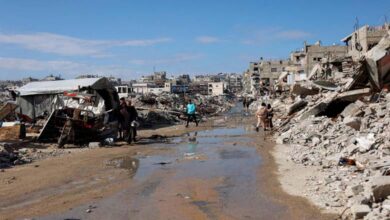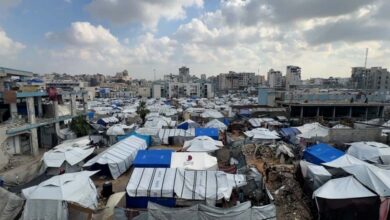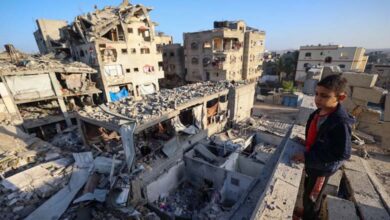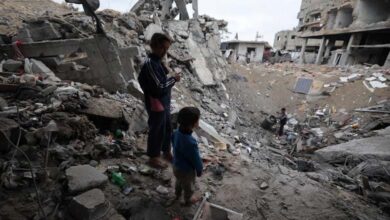Lebanon has failed for the fourth time to elect a president
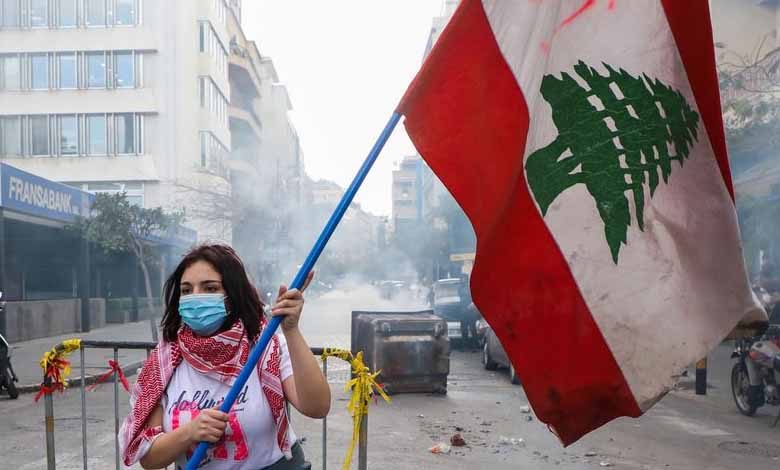
For the fourth time, Lebanon fails to elect a president; The first round of the elections, which was scheduled for 86 votes out of 114 MPs who attended the session, saw Michel Mouawad receive 39 votes, while 10 MPs voted for a new candidate, Issam Khalife.
Also, 50 MPs voted with a white paper and 13 MPs with the words “New Lebanon“, in addition to two canceled papers. The session witnessed the first presentation of the name of the candidate, Issam Khalifa, a Lebanese historian, academic, researcher and trade union activist who founded the awareness movement.
The complexities of constitutional void
Dr. Salem Hamid, an Emirati political analyst and writer, said there is political uncertainty in Lebanon, which needs to unify its ranks, overcome the economic crisis and political disputes, and focus on meeting the needs of a people exhausted by crises, corruption and uncertainty about the unknown future.
Hamid added that these indicators predict the failure of choosing a new president by the House of Representatives, which failed for the fourth time, amidst a clear lack of consensus. All of this will mean falling into a presidential vacuum that means transferring the powers of the current president, whose term expires on the 31st of this month, to the caretaker government headed by Prime Minister-designate Najib Mikati. He added that this will result in many complications related to interpretations of the special constitutional articles that did not address this matter, and even what powers the government may be concerned with, which relate to the President of the Republic.
Social explosion
Amjad Arar, a writer and political analyst, said that Lebanon is on the verge of economic collapse, and its people are facing unprecedented misery in their lives, which threatens a social explosion that is out of control in a country where there are more weapons than the population of the Atlantic state.
He continued: The presidential or governmental vacuum is not a reason for anything, but the result of a reality compiled in a way that was produced by a colonial era, where it formulated a constitution and produced traditions and customs, some of which became inherited unwritten. He pointed out that Lebanon’s main problem lies in the constitution of sectarian quotas, and this is not a formal flaw, but rather a fundamental cause in terms of taking the son of the country from the space of citizenship to the space of sectarianism, taking away from his heart belonging to the homeland, and planting instead loyalty to the sect and hence the sect.




